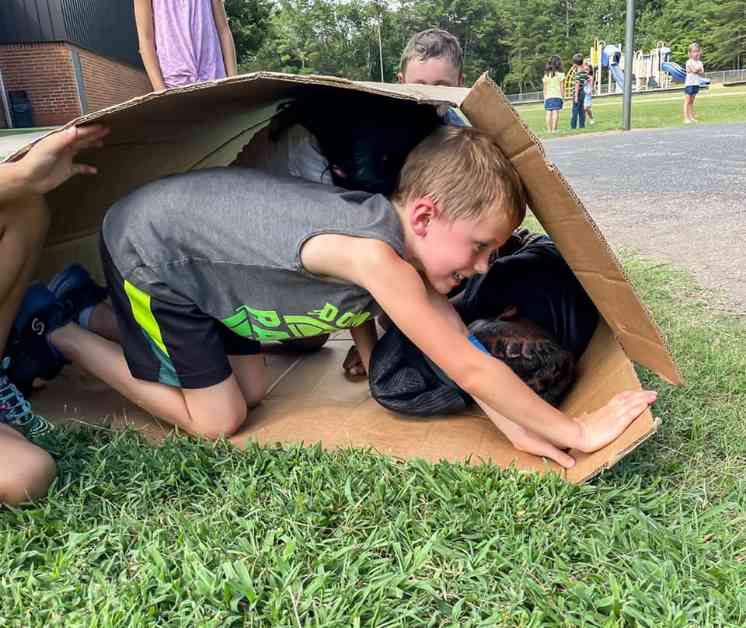Lenore Skenazy: The Advocate for Free-Range Parenting
Lenore Skenazy, once dubbed the worst mom in America for allowing her 9-year-old son Izzy to ride the subway alone, has since become a leading voice in the “free-range kids” parenting movement. Her advocacy for giving children back the independence and freedom to play has sparked a national conversation around the importance of free play in child development. Skenazy’s initiative, “Let Grow,” aims to encourage parents to gradually allow their children the same freedoms they experienced growing up, such as walking to school or playing at the park unsupervised.
The Impact of Free Play on Child Development
In a time where children are facing increasing levels of anxiety and mental health challenges, Skenazy emphasizes the critical role that free play plays in human development. She argues that limiting children’s independence and free play opportunities may hinder their cognitive potential and contribute to higher levels of anxiety. Research has shown a correlation between lower independence and increased anxiety in children, highlighting the importance of fostering independence in raising happy and well-adjusted individuals.
The Let Grow After-School Play Clubs
One of the initiatives spearheaded by Skenazy is the Let Grow after-school play clubs, which provide children with a space to engage in free play without screens and with their peers. These play clubs aim to recreate the environment where children can interact, collaborate, and learn essential social skills through unstructured play. By allowing children to take the lead in deciding how to spend their time, the play clubs empower them to make choices, resolve conflicts, and develop valuable life skills in a supportive and supervised setting.
Skenazy describes the play clubs as a “wildlife refuge” for kids, where they can experience the joy of playing and interacting with others in a safe and nurturing environment. By stepping back and allowing children to take charge of their playtime, adults can support their natural curiosity and creativity while fostering independence and resilience in the face of challenges.
Through the Let Grow Experience, teachers can encourage students to engage in new activities independently, whether it’s cooking a meal, walking to school, or using a sharp knife. This initiative not only empowers children to explore their capabilities but also reassures parents of their children’s abilities and resilience. By giving children the opportunity to tackle new challenges on their own, parents and educators can instill confidence and a sense of agency in them, laying the foundation for a positive self-image and a growth mindset.
The Role of Free Play in Intellectual Development
While ed-tech has become prevalent in modern classrooms as a tool for enhancing academic performance, Skenazy advocates for the importance of free play in intellectual development. She argues that the brain is wired to learn and grow through experiences that require problem-solving, creativity, and social interaction. By engaging in unstructured play, children develop crucial skills such as critical thinking, collaboration, and innovation, which are essential for success in the real world.
Skenazy acknowledges the challenges of competing with screens and digital entertainment but emphasizes that the real world offers a richness and depth of experiences that cannot be replicated by technology. By encouraging children to explore their surroundings, interact with their peers, and engage in imaginative play, parents and educators can help them develop essential life skills and foster a love for learning that goes beyond the confines of a screen.
In conclusion, Lenore Skenazy’s advocacy for free-range parenting and the importance of free play in child development highlights the need for a balance between independence, creativity, and social interaction in raising resilient and well-rounded individuals. By empowering children to take risks, make choices, and learn from their experiences, parents and educators can nurture a generation of confident, empathetic, and capable individuals who are prepared to navigate the complexities of the modern world with resilience and creativity.




















